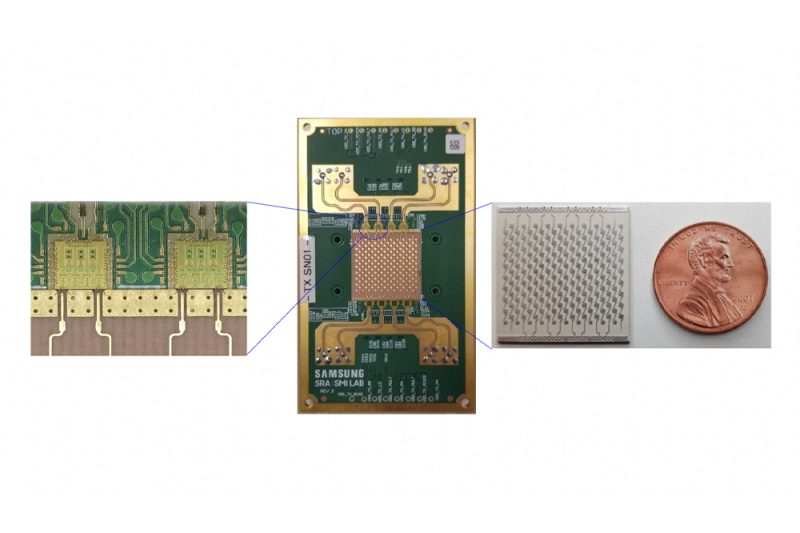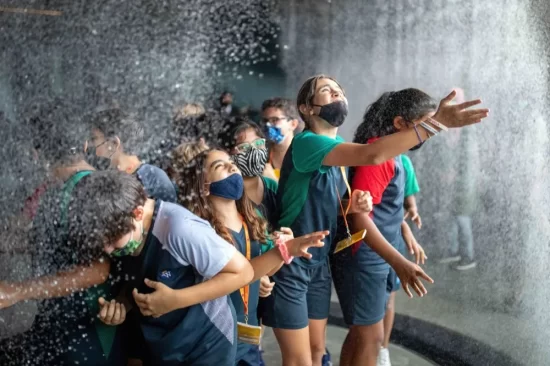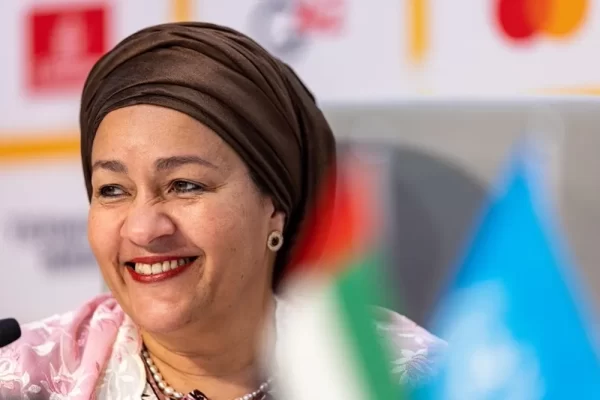DUBAI, 26 January 2022 – Women’s entrepreneurship is one of the most important contributors to the economic prosperity of all countries – a point underscored by speakers during day two of the Russian-Arabic Business Council Forum at Expo 2020 Dubai.
Representatives of Arab member states and the Russian Federation took part in the session entitled, “The Role of Woman Entrepreneurs in The Modern World,” moderated by Maha Al Gergawi, Senior Vice President of Political Affairs, Expo 2020 Dubai. They discussed how economic integration of women is fundamental in creating stable, prosperous, and peaceful societies, while addressing the development of women’s entrepreneurship.
Farida Abdulla Kamber Al Awadhi, President of the Emirates Business Women Council, UAE said: “Since the UAE was established in 1971 women have played a key role in boosting the economy. Emirati women contribute to all sectors and we stand on an equal footing to men. We are not in business to compete with men. Nine of the ministers in the UAE government are women, among the highest proportion in the world. Emirati women also make up 34 per cent of overseas General Consul team members, 30 per cent of the Emirates Mars Mission team, almost 20 per cent of the Federal Nuclear Regulatory Authority and 60 per cent of the workforce at Expo 2020 Dubai, with HE Reem Al Hashimy, UAE Minister of State for International Cooperation at the helm.”
Women’s participation in all sectors of the UAE was further boosted under 11 new laws and amendments passed in 2019 and 2020.
Saudi Arabia has also undergone political reforms, resulting in women now making up 34 per cent of the workforce, said Maha Saleh Al-Ateeki, Vice President of the Saudi-Russian Business Council.
Al-Ateeki added: “More options for education are available – previously-restricted faculties and majors are open to women, and more women and girls are encouraged to pursue careers in STEM fields to make the labour market more competitive, and in each industry more women are negotiating equal pay.”
Despite the progress made to date, education needs to translate into economic participation, and women in the MENA region still have the lowest in the world, only improving by seven per cent, according to Leila Khayat, Honorary President of the World’s Association of Women Entrepreneurs (FCEM): “This low participation translates into a high cost to economic growth and the region needs to foster investment into human capital.”
Claudine Aoun Roukoz, President of the National Commission for Lebanese Women (NCLW) agreed and added Lebanon’s Ministry of Economy has highlighted the need to increase the number of women participating in business.
Roukoz said: “It is ironic that women are equally or better educated than men, but their economic participation is around 30 per cent and they only make up about 11 per cent of entrepreneurs. The numbers are worse since the onset of COVID – Lebanon’s currency has devalued by 90 per cent and one in five businesses destroyed during the recent protests were owned by women.”
Another challenge panellists identified is how women are perceived. Men are traditionally encouraged to take business risks while women are expected to prioritise their families, and taking the same professional risk is seen as reckless. Women also don’t have the same access to financial or social capital. They deal with banks less, they struggle to secure loans, and they also lack the network and relationships that can foster business growth.
These resources are essential to improving the number of women entrepreneurs, according to Tatiana Gvilava, President of Russian Organisation, Women of Business, who established Lady007 – an educational business accelerator – at the start of the pandemic.
Gvilava said: “Lady007, financed by the government, assists participants in accessing loans at a low interest rate while learning about finance and growing their business from a team of coaches. Women make up 68 per cent of the Russian population and more than 50 per cent of entrepreneurs in Moscow are women. So far, Lady007 has worked with 10,000 women.”


















